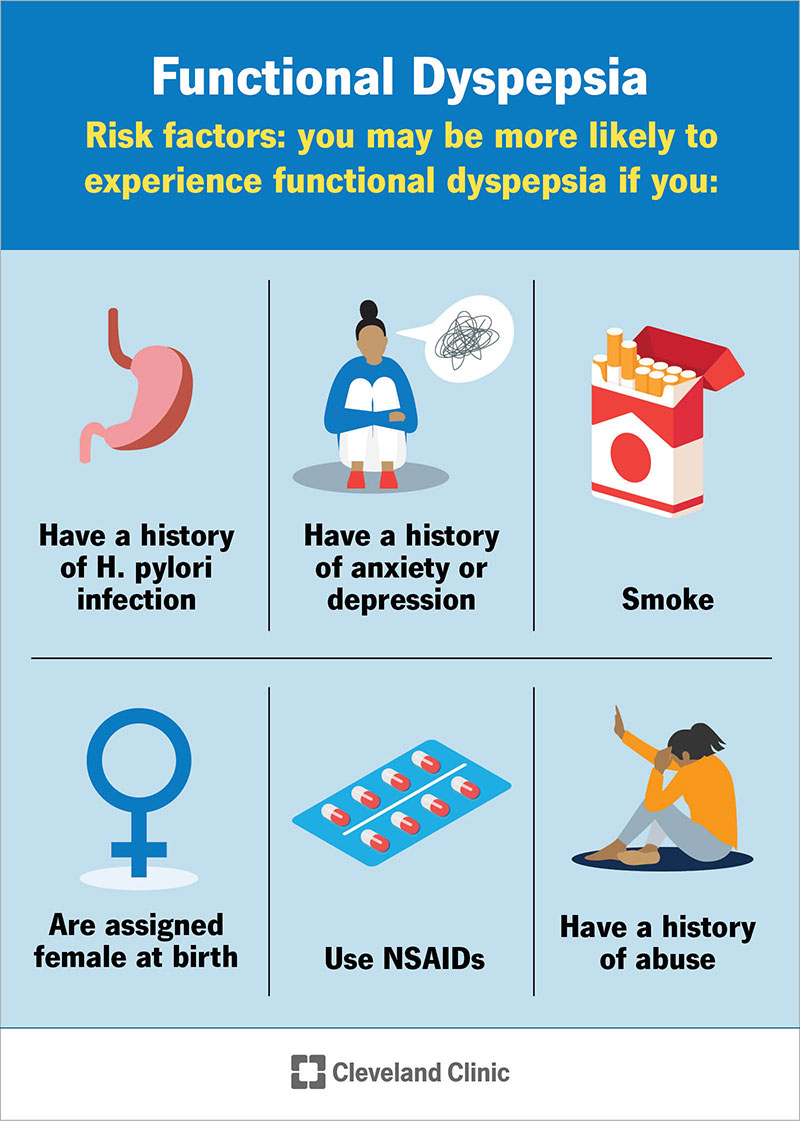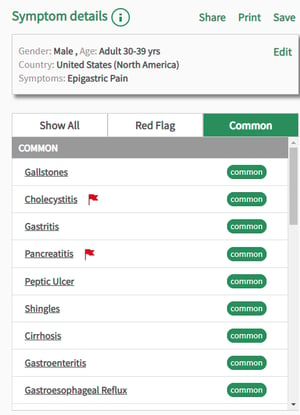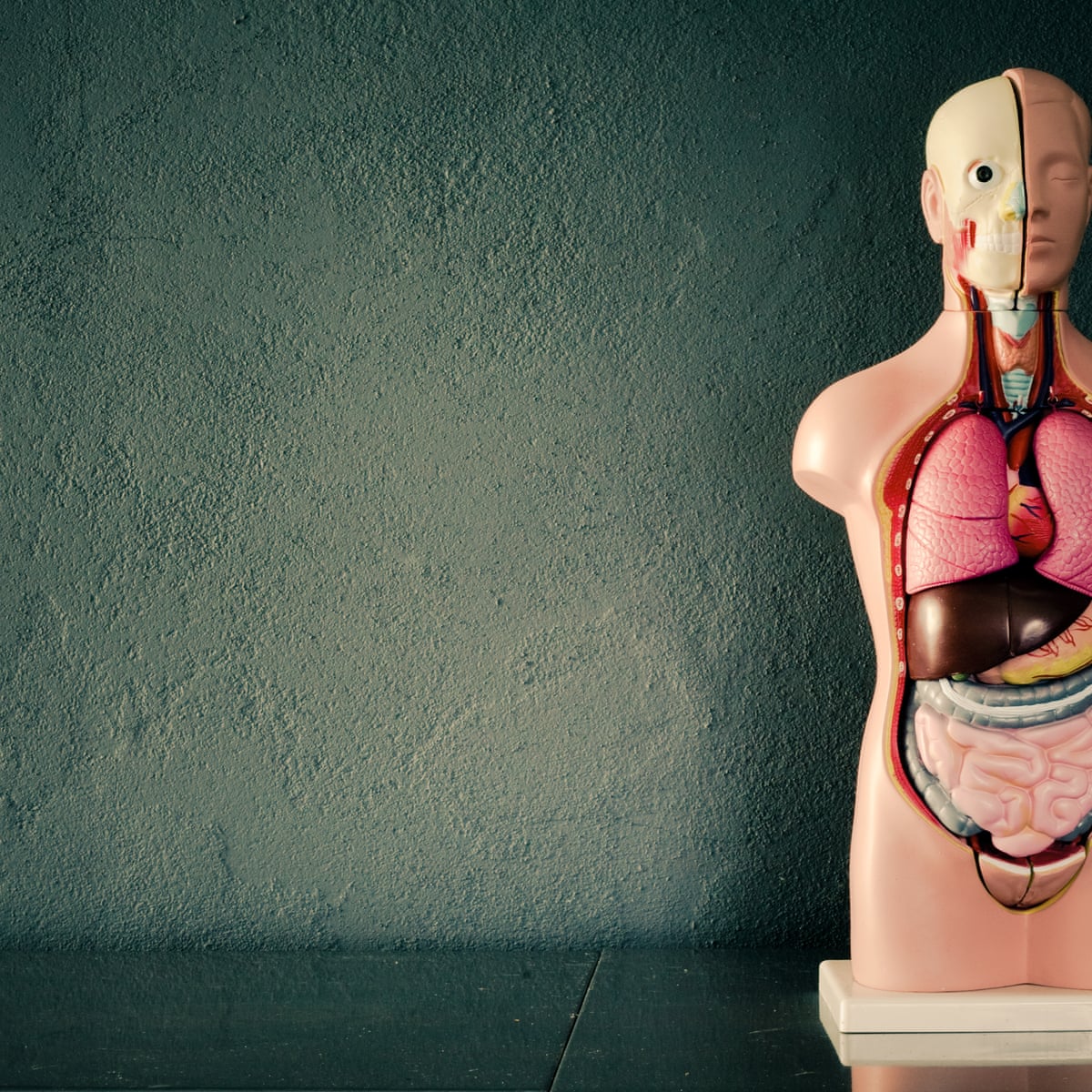Stress can make indigestion worse. Too much alcohol and fatty food are often to blame.

Functional Dyspepsia Symptoms Diet Treatment Living With
It is not a disease but a symptom.

. Heartburn is often caused by acid reflux the reverse flow of stomach acid up into the esophagus causing burning and discomfort. What does ovarian cancer bloating feel like. Pain in your upper abdomen epigastric pain can be caused by something as simple as over eating or drinking or consuming spicy or greasy foods.
An epigastric hernia usually causes a bump to occur in the area below your sternum or breastbone and above your belly button. Feeling of epigastric discomfort that occurs shortly after eating. The cause of your pain may not be known.
Indigestion is a form of epigastric pain. Inability or difficulty in swallowing. She states that after eating a meal she feels very uncomfortable and full.
GERD gastroesophageal reflux disease backflow of gastric contents into the esophagus due to a malfunction of the sphincter. Eating too much also puts pressure on your abdominal wall. A type of bacterial infection called helicobacter pylori.
A 39-year-old female psychologist consults because of problems with indigestion for the past year. As well as causing epigastric pain other symptoms are indigestion heartburn nausea vomiting blood hematemesis and rectal bleeding. Its normal to experience some bloating.
Release of air from the stomach through the mouth. Epigastric discomfort felt after eating. Gas in the GI tract.
Indigestion also known as dyspepsia is a term used to describe one or more symptoms including a feeling of fullness during a meal uncomfortable fullness after a meal and burning or pain in the upper abdomen. Gastritis - This is inflammation or irritation of the stomach lining. It can also lead to indigestion.
If the stomach expands considerably it can put pressure on the organs around the stomach and cause epigastric pain. Other things that can cause indigestion include. Epigastric pain may be a sign of a serious health problem that needs to be treated.
Expelling of air from a body orifice especially the anus. What causes epigastric pain. The discomfort she experiences is not at the level of pain but does interfere with her life.
The duration of the pain will also vary from 5-10 minutes to an hour or more. This bump is caused by a mass of fat that has pushed through the. She also feels bloated and is unable to finish normal-sized meals now.
Abdominal pain that gets worse after eating commonly occurs when there is infection or irritants to the organs of the digestive system. Which disease has the following symptom. On the other hand if you have.
Also called aphagia. Epigastric discomfort felt after eating also called indigestion dysentery inflammation of the intestine especially the colon that may be cause by ingesting watter of food containing chemical irritants bacteria protozoa or parasites which results in bloody stool. The inflammation causes pain in the epigastric region.
Digestion problems such as indigestion GERD or lactose intolerance. Heartburn often accompanies stomach pain and indigestion. Obviously the main symptom is pain felt above the navel which can sometimes radiate down the abdomen and towards the back.
Indigestion is not a disease but rather some symptoms you experience including abdominal pain and a feeling of fullness soon after you start eating. Excessive amount of fat discharged in fecal matter. The following are common causes.
Eating too much can lead to epigastric pain. The discomfort may range from a feeling of nausea fullness heartburn andor bloating. Heart problems such as a heart attack.
The intensity of the pain may vary it can be mild but sometimes people complain about sharp stabbing intense pain. Like with pregnancy although to a lesser extent excessive eating can put pressure on your abdominal wall. It is common for people to experience pain after eating too much.
While most postprandial pain causes are non-serious read below for more information. Dyspepsia also called indigestion swallowing air. Indigestion also called dyspepsia or an upset stomach is a general term that describes discomfort in your upper abdomen.
If you have GERD you should avoid lying down for 3 hours following meals. Inflammation of the intestine especially the colon that may be caused by ingesting water or food containing chemical irritants bacteria protozoa or parasites and results in bloody diarrhea. Your pancreas and part of your small intestine called the duodenum are located in the epigastrium.
Overeating can cause epigastric pain. This causes indigestion and gives you a burning feeling and pain. Having abdominal pain after eating also known as postprandial pain can also be associated with nausea or diarrhea immediately after eating.
It is common for people to experience epigastric pain after overeating. Lying down after eating may cause indigestion due to the rise of stomach acid. Excessive alcohol use chronic vomiting stress or the use of medications including aspirin or anti-inflammatory drugs can cause gastritis.
Epigastric discomfort felt after eating. Luckily overeating can easily be corrected. Symptoms Of Epigastric Problems After Eating.
The upper part of your abdomen just below your rib cage is called the epigastrium. Indigestion is common in adults and can occur once in. It can also lead to indigestion.
Inflammation of your stomach liver pancreas or intestines. The acid in your stomach can irritate the stomach lining or your throat. Dyspepsia also known as indigestion refers to discomfort or pain that occurs in the upper abdomen often after eating or drinking.

Epigastric Pain What Can Cause Pain In Epigastric Region

Epigastric Pain Symptoms And Causes Isabel Healthcare
:max_bytes(150000):strip_icc()/Upper-abdominal-pain-5186178_final-1a4e4528622249e0a69ecf868b2fac2d.jpg)
Upper Abdominal Pain Causes And Treatments

Everything You Ever Wanted To Know About Indigestion But Were Too Bloated To Ask Health Wellbeing The Guardian
0 Comments